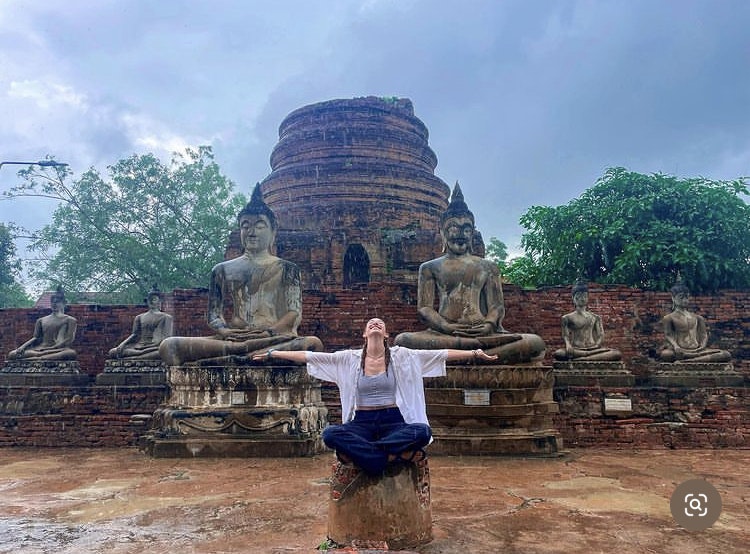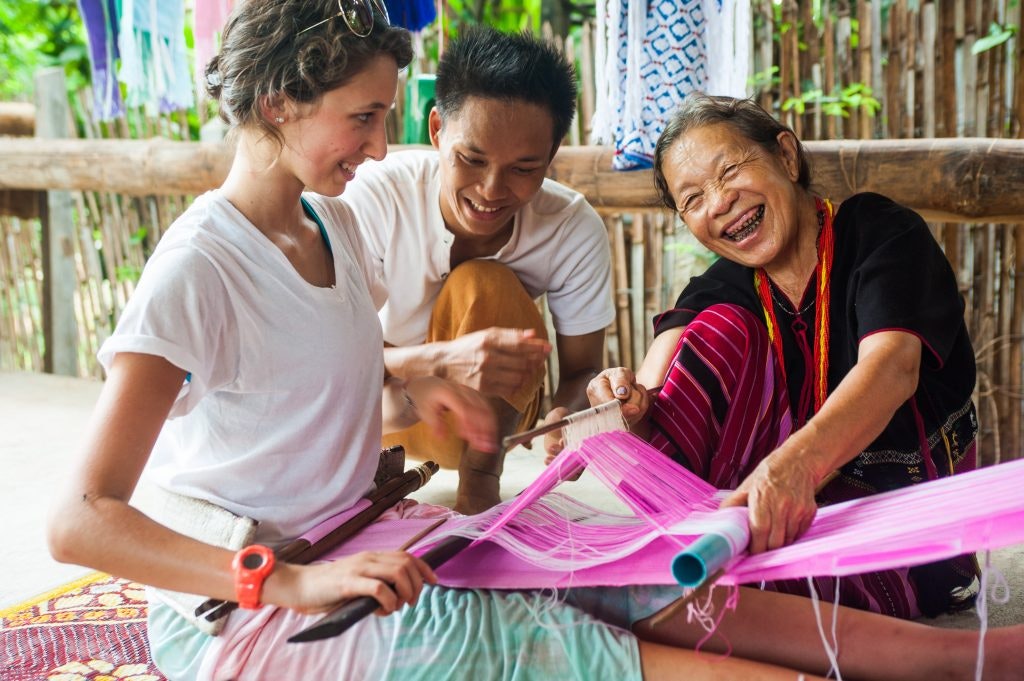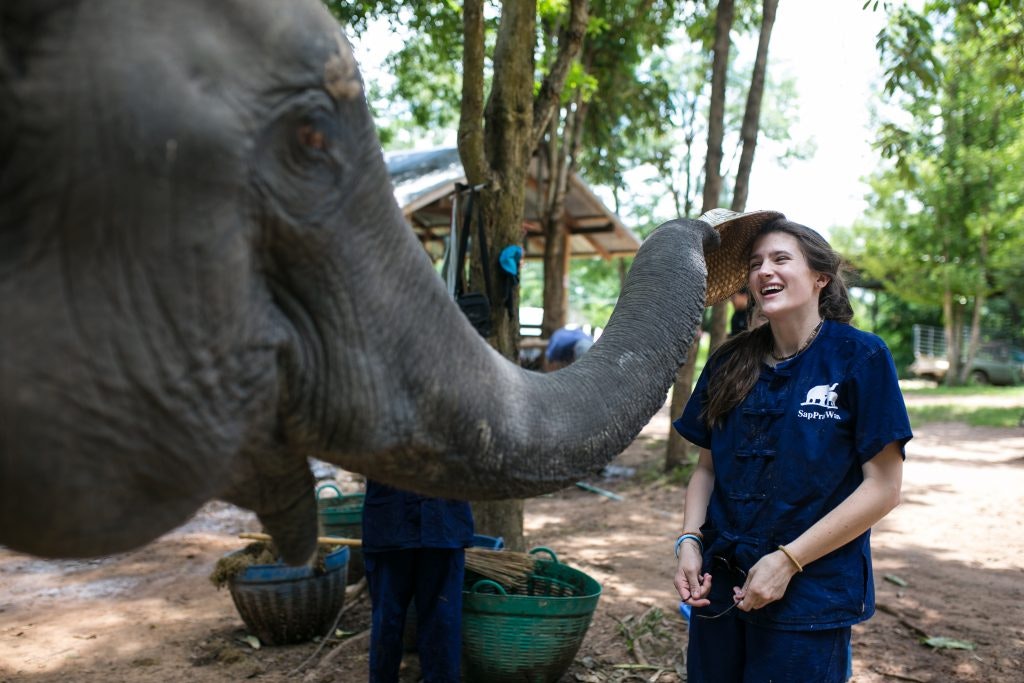4. Buddhism Plays a Major Role in Thailand
Buddhism is central to Thai culture, with about 35,000 temples and over 200,000 Buddhist monks. Around 93% of Thailand’s population follows Buddhism, influencing traditions, symbols, and artwork. The Thai flag’s white represents religion, and the Great Buddha of Thailand, over 300 feet tall, is the country’s largest Buddha statue.
Visitors should respect Buddhist customs, such as removing shoes before entering temples and avoiding touching others’ heads, which are considered sacred.
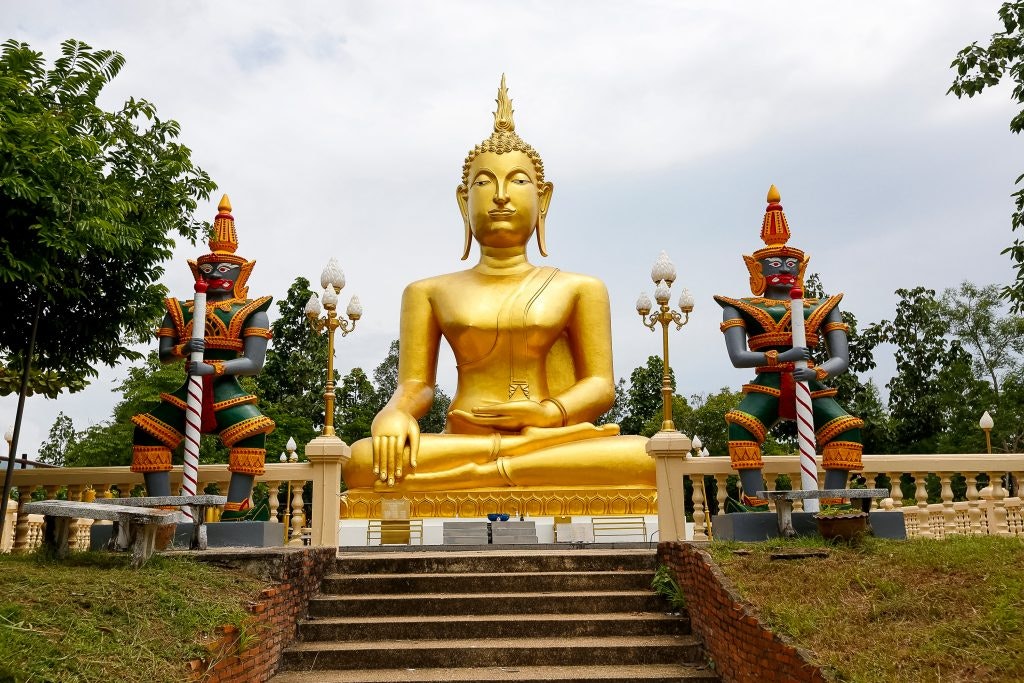
5. Thailand is the Only Southeast Asian Country That was Never Colonized
Thailand is the only country in Southeast Asia that was never colonized by any European nation, unlike other Southeast Asian countries. Its name, Prathet Thai, means “land of the free” in the Thai language.
A key reason was the country’s role as a neutral zone between British and French colonies. King Chulalongkorn’s reforms in the late 1800s, including centralizing power and creating a standing army, helped maintain independence.
Read: Your questions answered about Rustic Pathways programs in Thailand
6. Muay Thai is a Cultural Treasure
The ancient martial art of Muay Thai, also referred to as Thai boxing, has helped shape the image of Thai warriors. Thailand’s national sport instills discipline and practical self-protection skills and is steeped in the history and culture.
Muay Thai is called the “art of the eight limbs.” The reference refers to the hands, feet, knees and elbows. The martial art is traced back to the Sukhothai dynasty around the 13th century. Soldiers were taught the practices so they could defend the country in cases of unarmed combat.
The practice spread across the country, so that men, women and children learned its techniques. Muay Thai focuses on a commitment of mind, body and soul with a focus on respect and honor.
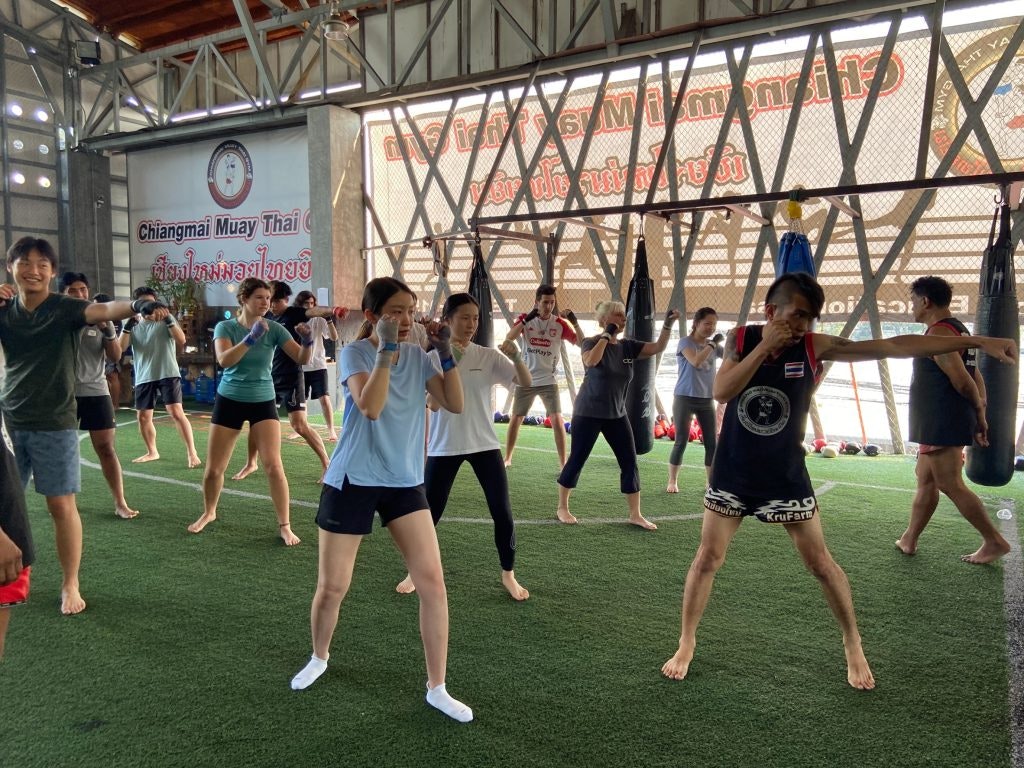
Rustic Pathways students learn Muay Thai during their student travel program.
In the 1930s, Muay Thai spread as a sport and rules were created. Safety gear like boxing gloves were also added as Muay Thai competitions grew. Today travelers to Thailand can take Muay Thai lessons. The country also celebrates Muay Thai Day every year on March 17th.
7. Social Graces are Important in Thailand
Social graces are highly valued in Thailand. Visitors should dress conservatively, especially in temples, and remove shoes before entering homes or temples. Avoid touching people’s heads, using feet to move objects, or making certain hand gestures.
Greetings often involve a respectful wai gesture. Criticizing the monarchy is both rude and illegal, and standing still for the national anthem is expected.
8. Thailand has some unusual celebrations
Thailand hosts unique celebrations, including the Songkran Festival (April 13-15), famous for nationwide water fights marking the Thai New Year. The Lopburi Monkey Banquet Festival (November) offers two tons of food to sacred monkeys. The Surin Elephant Round-Up showcases elephants playing soccer, painting, and performing tricks.
9. You Can Easily Test Your Taste Buds with Thai Cuisine
Thailand is known for its diverse Thai food, offering 5,000 rice varieties, including jasmine rice. Popular Thai dishes include mangoes, fresh coconut milk, Pad Thai, and Pad See Ew.
Adventurous eaters can try fried crickets, which taste like salted chips, or durian, a controversial fruit known for its strong odor and unique flavor.
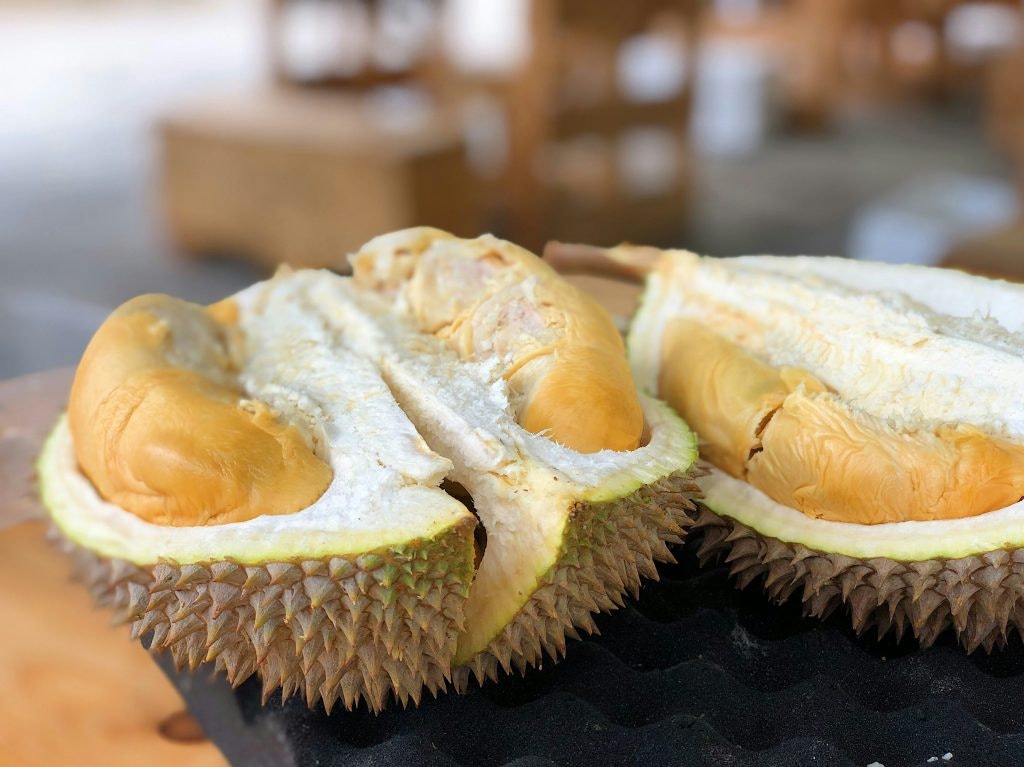
10. Legend has it that Bangkok’s Airport is haunted
Bangkok’s airport is believed to be haunted due to its construction on former swampland and a graveyard. Locals claim spirits of snakes and a former caretaker linger there.
Despite a nine-week cleansing ritual by 99 monks, workers still report ghost sightings. Some visitors even credit spirits for lottery wins.
11. Astrology, Folklore and Spiritual Beliefs are Widespread in Thailand
Many Thais consult fortune tellers using astrology, palm readings, and tarot cards. The country has royal astrologers, and King Maha Vajiralongkorn’s 2019 coronation included a horoscope reading.
Thai people believe in spirits, with miniature spirit houses offering shelter to guardian spirits. Folklore describes “phi” spirits in nature and the Naga as a water guardian. Offerings are made for blessings and protection.
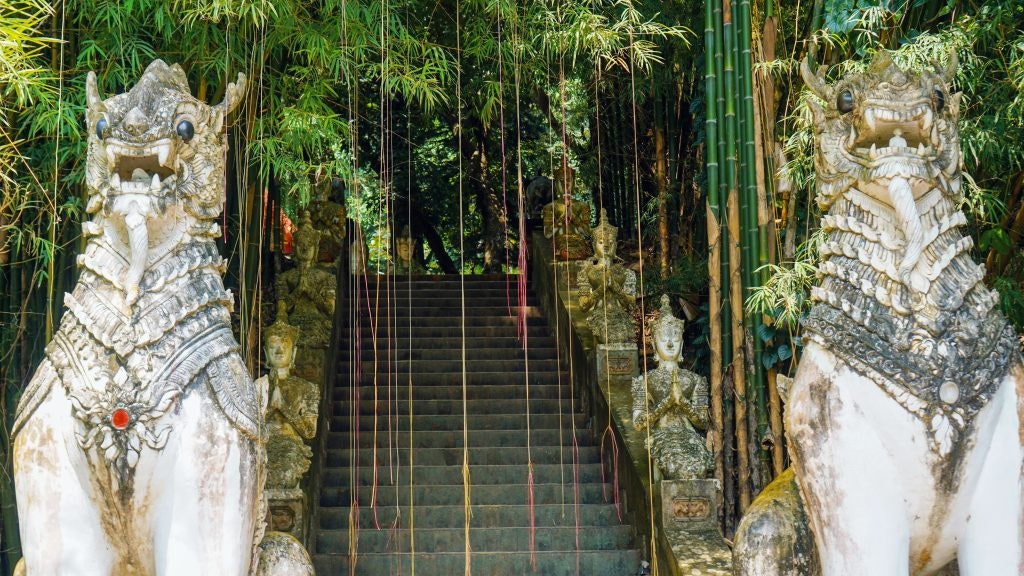
If you want to learn more interesting facts about Thailand, join us on a student travel program. You can visit the Rustic Pathways Thailand page for more details or contact one of our travel advisors.
